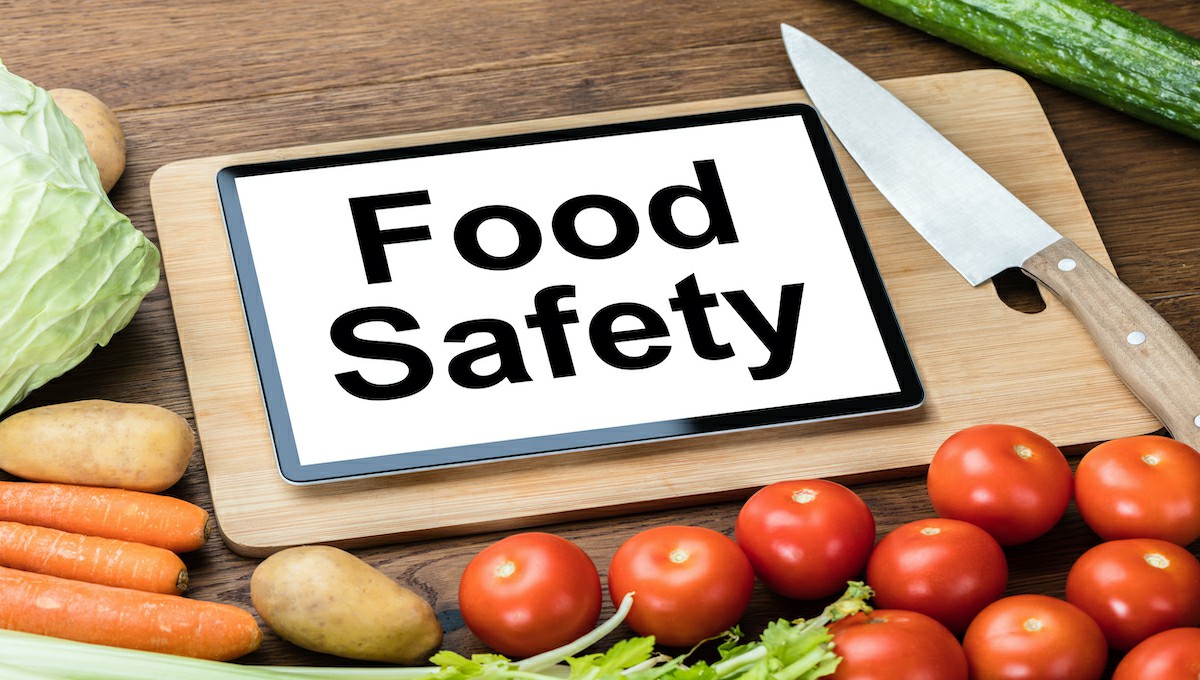HACCP Certification: Ensuring Food Safety & Compliance for Irish Businesses in Dublin, Cork, Galway, and Beyond
In today's competitive food industry landscape, obtaining HACCP certification is not just a formality; it is essential for ensuring food safety and compliance with both Irish and EU regulations. For businesses in Dublin, Cork, Galway, Limerick, Waterford, and Belfast, understanding the importance of HACCP training can be the difference between a thriving establishment and potential liabilities.
Understanding HACCP and Its Importance
HACCP, which stands for Hazard Analysis Critical Control Point, is a systematic approach to food safety that focuses on identifying and eliminating hazards throughout the food production process. By implementing HACCP principles, businesses can significantly reduce the risk of foodborne illnesses and ensure high standards of food hygiene.
Why is HACCP Certification Vital for Food Businesses?
- Legal Compliance: HACCP certification is often required by law for food businesses in Ireland. Adhering to food safety regulations is critical to avoid penalties and legal repercussions.
- Enhanced Food Safety: Effective HACCP training courses empower staff to identify potential hazards, implement control measures, and maintain hygiene standards, drastically reducing contamination risks.
- Consumer Trust: Transparency in food safety practices builds customer confidence and loyalty, leading to increased business reputation and success.
The Principles of HACCP
Understanding the main HACCP principles is necessary to implement them effectively:
- Conduct a hazard analysis: Identify potential biological, chemical, and physical hazards that could pose risks.
- Determine critical control points (CCPs): Identify points in the process where controls can be applied to eliminate or reduce hazards.
- Establish critical limits: Set maximum and minimum values at each CCP to ensure safety.
- Establish monitoring procedures: Implement procedures to monitor CCPs.
- Establish corrective actions: Define actions to take when monitoring indicates that a critical limit has not been met.
- Establish verification procedures: Ensure the system is working effectively.
- Establish record-keeping and documentation procedures: Maintain proper records to demonstrate compliance.
Obtaining HACCP Certification: Step-by-Step
Enrolling in a structured HACCP training course is the first step towards obtaining your HACCP certification:
- Find a reputable training provider: Seek accredited courses that cover HACCP Level 1 & 2.
- Complete the training: Engage with online or in-person training modules designed to meet legal requirements.
- Pass the assessment: Most courses will require you to complete an examination or assessment to obtain your certificate.
- Apply for your HACCP certificate: Follow the application process outlined by your training provider.
Comparing Online HACCP Training vs. In-Person Courses
Many food professionals are choosing online HACCP training for its flexibility and accessibility. While in-person courses offer face-to-face interaction, online versions allow you to learn at your own pace and access materials anytime and anywhere. Both formats can effectively prepare you for HACCP certification.
The Benefits of HACCP Training for Restaurants, Catering, and Retail
Investing in HACCP training not only helps with compliance but also positively impacts your bottom line:
- Reduced liability: Lower risks of food safety incidents mean fewer legal issues and potential lawsuits.
- Improved operational efficiency: Understanding the HACCP principles allows for smoother operation and fewer errors.
- Market differentiation: Promote your HACCP certification as a competitive edge in the crowded food industry.
Conclusion: Make the Right Move for Your Business
In an era where food safety is under scrutiny, obtaining your HACCP certification can pave the way for a safer, more compliant food business. Don't leave your success to chance—enroll in food safety training now.
For more information or to sign up for our structured HACCP training courses, visit Ireland Safety Training or contact us at [email protected].



 349,500 Offered Certificates
349,500 Offered Certificates
 24/7 Online Training
24/7 Online Training
 Money Back Guarantee
Money Back Guarantee
 Fully Accredited Courses
Fully Accredited Courses
